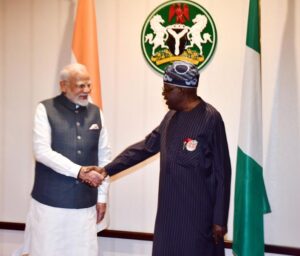
UN’s Guterres attacks human rights violations in speech to UN council
UN Secretary General António Guterres has sent a fiery appeal with urgent warnings, saying human rights are being trampled all over the world.
Guterres opened the session of the UN Human Rights Council with the appeal on Monday in Geneva.
“As the international community marks the 75th anniversary of the Universal Declaration of Human Rights, it is under assault from all sides.
“It is misused and abused. It is exploited for political gain and it is ignored often by the very same people.
“Some governments chip away at it. Others use a wrecking ball. Today’s public disregard and private disdain for human rights are a wake-up call.”
Guterres called for the world to confront this and he appealed to both governments and citizens to “revitalize” and implement the declaration.
“Instead of continuing this progress, we have gone into reverse.”
He said poverty and hunger are growing, social cohesion and trust are weakening as the gap between rich and poor widens.
According to him, court challenges against “climate-wrecking corporations is an important step” and condemned fossil fuel producers and their financial backers.
“Pursuing megaprofits when so many people are losing their lives and rights, now and in the future, is totally unacceptable,” he said.
German Foreign Minister Annalena Baerbock, in comments made in Berlin shortly before leaving for the Geneva meeting, underlined the council’s importance, given the human rights violations committed by Russia, Iran, Afghanistan and other countries.
She is expected to raise reports of the systematic deportation of Ukrainian children to Russia. Moscow rejects these as false reports.
The Declaration of Human Rights was proclaimed in 1948.
In 30 articles, it details rights to which every human being is entitled, regardless of “race, colour, sex, language, religion, political or other opinion, national or social origin, property, birth or other status.
It starts with the words, “All human beings are born free and equal in dignity and rights.”
The council meets three times a year to assess the human rights situation around the world. It can set up commissions of enquiry, as it did a year ago after the Russian attack on Ukraine.
However among the 47 member countries elected for three year-terms, there are always some with dubious human rights records, such as China, Cuba and Eritrea, who currently sit on the council.
They repeatedly reject criticism of other countries as interference in internal affairs.



